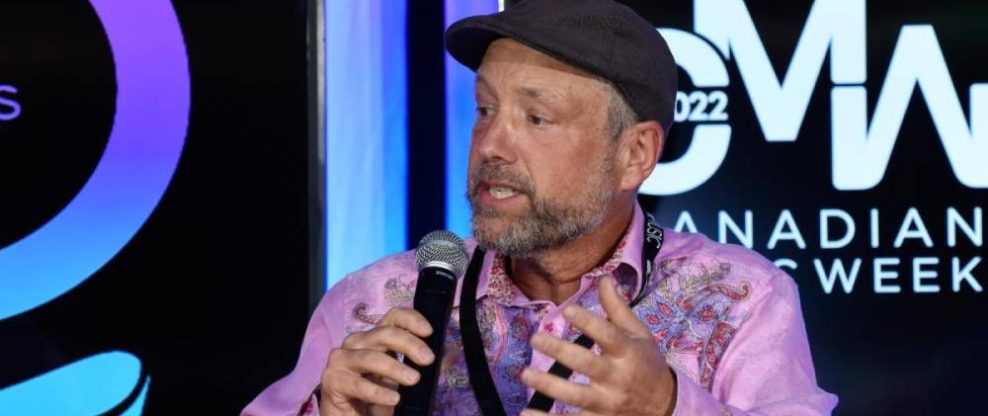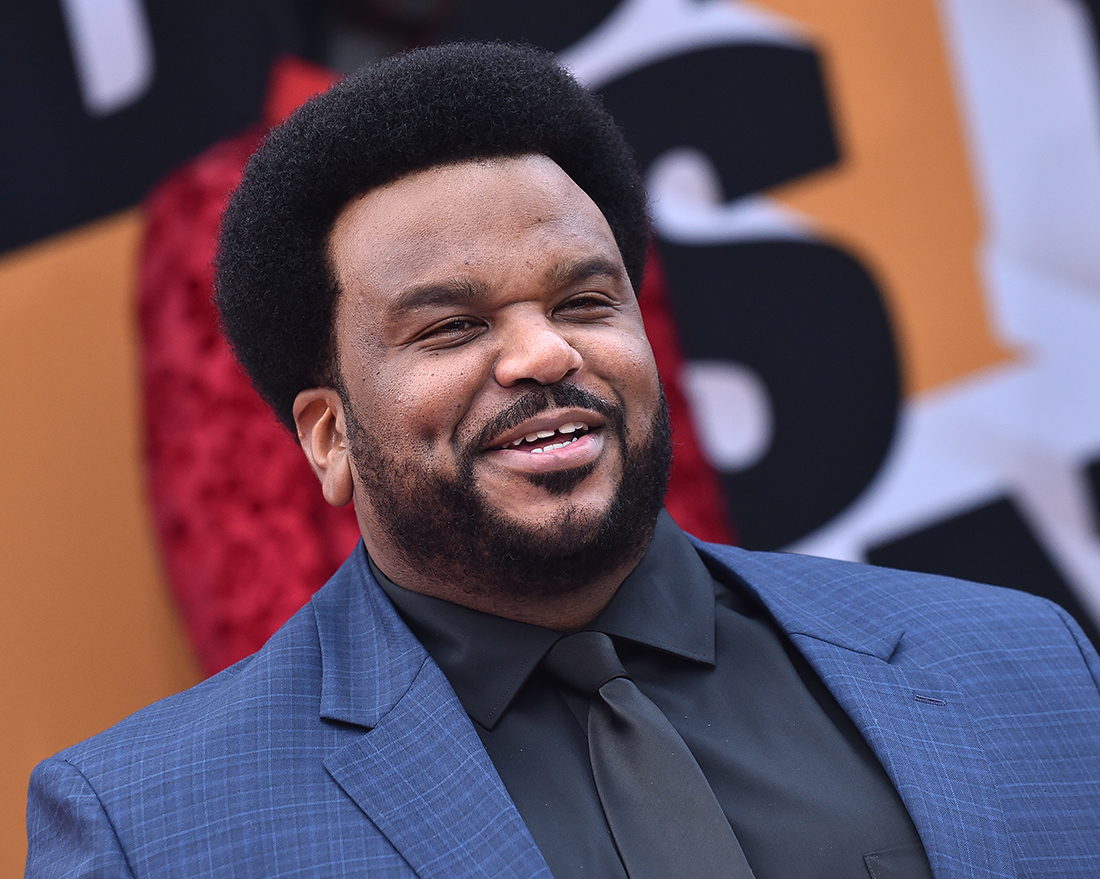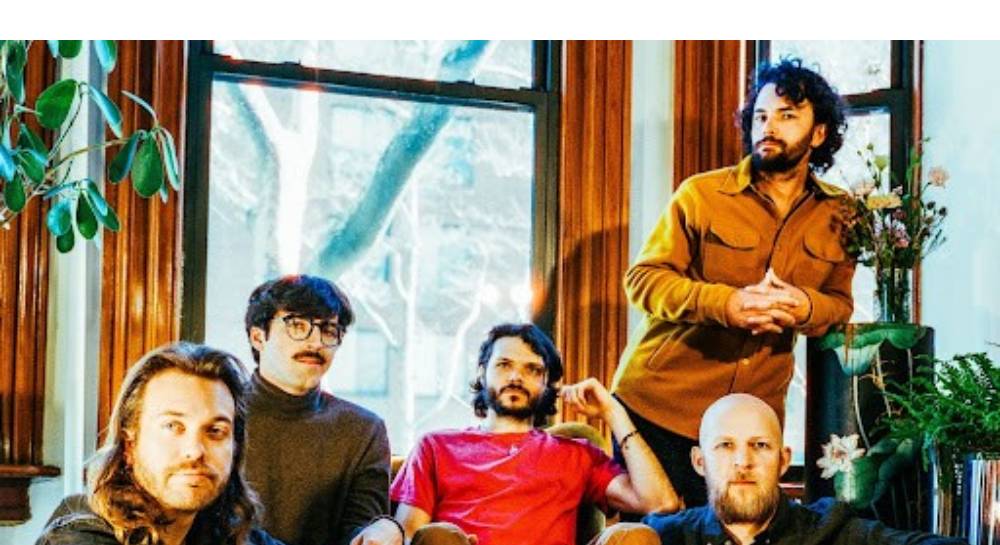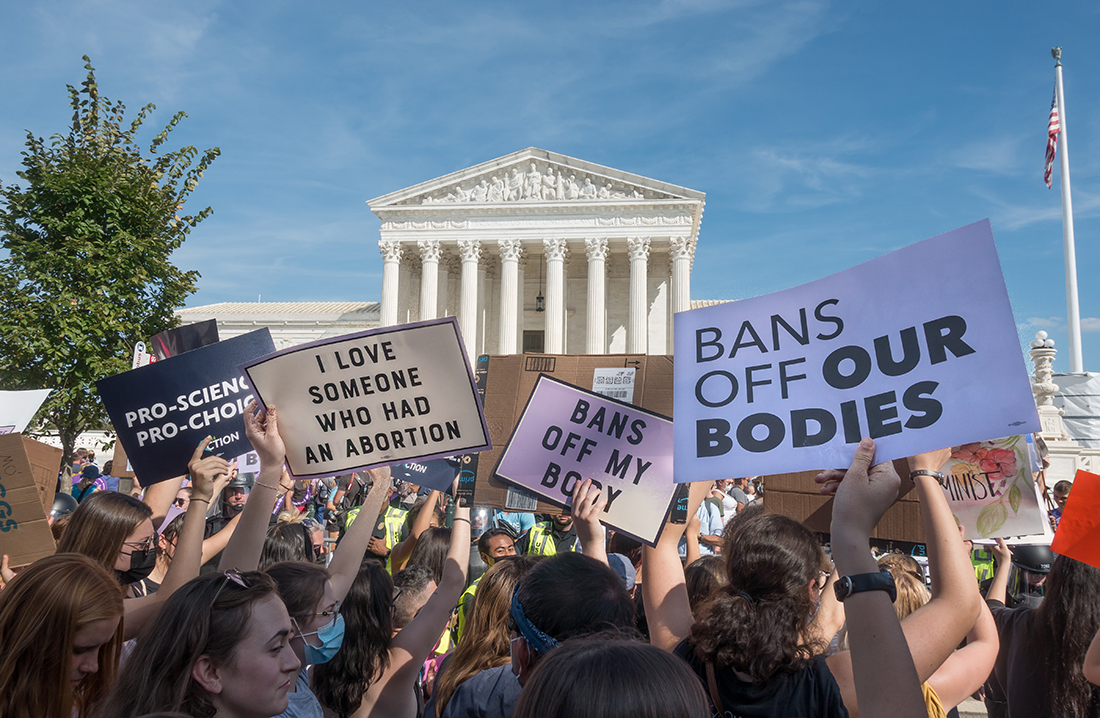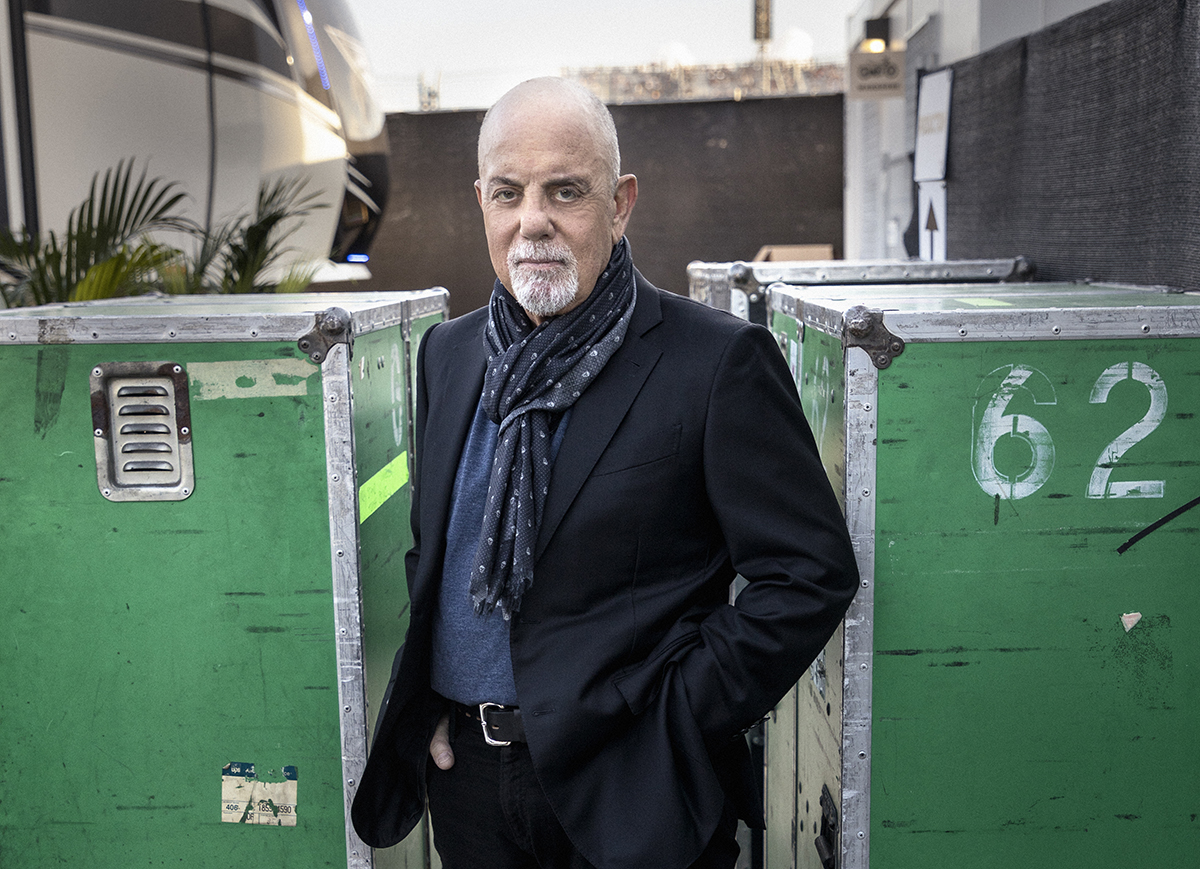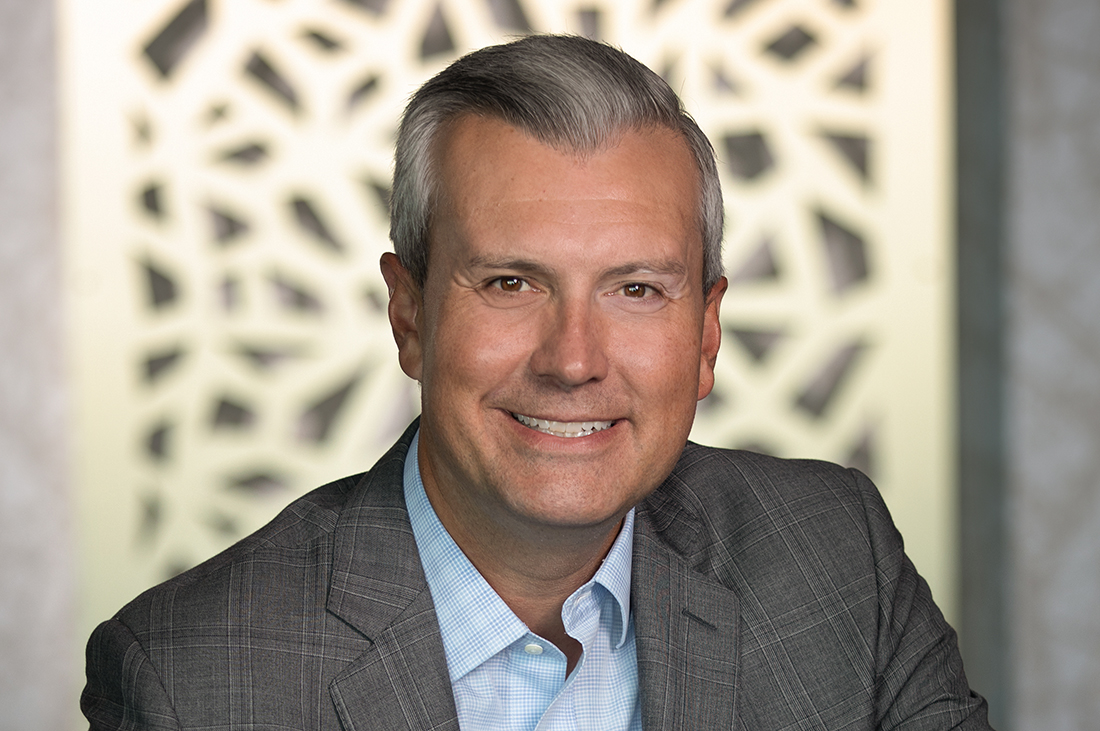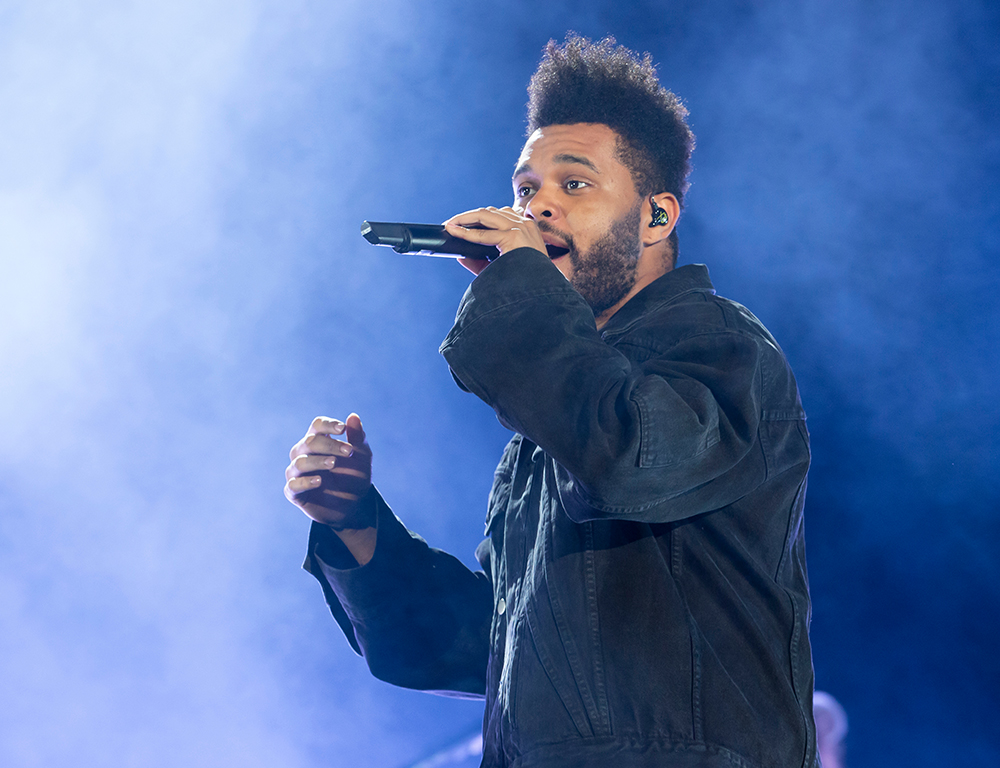TORONTO (CelebrityAccess) – Canadian Music Week (CMW) just ran from June 6 – to June 11 across a variety of venues in Toronto. The CMW Conference is Canada’s largest and longest-running music industry conference and occurred during music week from June 7 to June 10 at the International Toronto Centre.
City Winery Founder/CEO and independent promoter Michael Dorf delivered a reflective and empowering keynote on June 10th, “Assessing Damage and Hopeful Signs.” It addressed not only the ravages of COVID-19 on live entertainment but how vital live music is to us as humans who seek and need that connection, as well as music technology and where to go from here.
While discussing his business decisions in opening up two huge NYC urban wineries with luxury concert spaces, he wondered if it was a mistake as music technology gained steam during the pandemic. His answer was epic:
“But I’m here to say, hell no. We all love live music too much! We love sharing it in a room together, the thumping in our soul, and it ain’t going away! We all love what we do too much, and human beings need the real, physical connection of being in a room and sharing the joy of their favorite artist performing for them. Technology will never replace the real deal. No multi-camera immersive 3D psycho-trip of me dancing on the stage with Chris Martin will ever feel like the real deal – sorry.”
He spoke of the music scene when it began to come back from the pandemic, such as connecting with Suzanne Vega playing in her kitchen, which is highly intimate, but it was done over a flat-screen, a zoom call, a stream, and how it won’t ever compare to the real thing. As music lovers, a zoom call doesn’t come close to watching Kenny Chesney with a beer take a seat in his blue chair live on stage, the nostalgic rush as New Edition takes the stage after 25 years, the goosebumps when Billy Joel takes a seat at his piano – right in front of you. This camaraderie comes from sitting in a venue with 20,000 other people – all feeling the exact same thing. Dorf explains:
“I would go further to say that our [live music] spaces are today’s societal vaccines or antidotes for all the screens in our lives. Humanity needs to balance the real, visceral, and sensory experience – real human interactive experiences are essential nourishment for our souls. We need dinners with friends, yoga classes, poker tables, sports, synagogues, and live music not with screens but with each other. We need standing sweaty mosh pits and seated elegant cabarets and theatres.”
Moving forward, Dorf explains that as long as there’s a continued demand for live music, then it will “persevere into the future in all shapes and sizes.” He discusses the current state of the world (abortion, Putin’s Ukraine war, gun control) and the impact of climate change on the live music sector. Case in point, Halsey’s recent Maryland show was completely flooded before she could even take the stage. A sign of climate change – maybe?
He explains that making live music venues “cleaner” may seem small when looking at what is going on in the world today – but the live music industry has a responsibility to use their platform for good – recycling and banning plastic within the venues and attempting to push society into more sustainable and green solutions. He says Mother Nature will have an even more significant impact as we move forward – “rising temps, fires, blackouts, and floods,” but it’s the industry’s responsibility to try and get ahead of it all.
“Is there anything better than a live show, getting up close to your favorite artist, sharing a bottle of wine or a doobie, doing exactly what you want to do? What are hopeful, if not vital signs, IS our love of being together in a shared communal live art installation—live music will never go away. It’s no coincidence that the word live is also live, even in Canadian English. We are lucky to be alive for live music and should appreciate everything that we got.”
If anyone in the industry “gets it, ” it’s Dorf. That’s why he’s so successful – no matter what his balance sheets say at the end of the day, he’s a fan like the rest of us – just wanting his favorite singer to sing directly to him. He hasn’t lost that connection, regardless of all his successes. This writer couldn’t have said it any better.
View the speech in its entirety below.
Canadian Music Week Keynote:
Assessing Damage and Hopeful Signs
By Michael Dorf, June 10, 2022
Good afternoon. I wish I was up here able to announce the grand opening of City Winery Toronto, but alas, we have not found a space yet in this great city. So many columns in these tall new buildings. Anyway, The title of the next panel and what was given to me for these opening remarks is “Assessing Damage and Hopeful Signs”. We don’t need to spend a lot of time talking about how bad it got—clearly, the pandemic sucked. If not for some governmental support and the good work of NIVA, NITO and others, many of us in the “Gathering businesses” would not be here today. No question, March 2020 was the most difficult moment in our careers.
In our case at City Winery, we had 1350 people employed one week and less than 50 the next week. The toughest and most painful decision in my 35 years of producing shows, but clearly the only choice given the existential threat in front of us. Full stop. We had no choice but furlough everyone, stop paying our landlords, renegotiate our mortgages, sell air-rights, sell historic tax credits, prematurely settle legal matters, sell wine inventory, and keep as much powder dry as possible for the unchartered waters ahead of being closed for some unknown period of time.
Between our 12 locations, including our new two new locations opening in March of 2020, the NYC flagship with almost a $20m investment and our Hudson Valley location—a 50,000 sf facility on 22 acres 90 minutes North of NYC, I could not help wondering if I made the biggest mistakes of my career. Was the big decision I made after selling the Knitting Factory in 2003 and figuring out what I wanted to do when I grew up and with my life–a terrible decision?
At that time, post 9/11, post record company collapse and the dot.com meltdown, I was at a crossroads, an inflection point in life. Should I continue to play with technology and music? Should I get into management or publishing? Should I move out West and become a pure winemaker—now that would be romantic. And frankly, selling music as digits or bottles of wine directly to consumers online at the start of the Pandemic, for a minute, seemed like the path I really should have taken.
Was opening a chain of urban wineries meets luxury concert spaces a terrible decision after all. For a few lonely walks in the woods isolating with my family those first few months of the pandemic, I pondered this fateful decision.
But I’m here to say, hell no. We all love live music too much! We love sharing it in a room together, we love the thumping in our soul, and it ain’t going way! Not Covid-19, Not Omnicom, Not BA-1, 2, or 3 variants is going to kill the live concert experience. Not even Donald Trump is going to get in our way. We all love what we do too much, and human beings need the real, physical, connection of being in a room sharing the joy of their favorite artist performing to them. Technology will never replace the real deal. No multi-camera immersive 3D pyscho-trip of me dancing on the stage with Chris Martin will ever feel like the real deal—sorry.
It was absolutely clear when we all came back from isolation and started putting on those first shows, even in mandated reduced capacity, the importance of the live concert. Besides the economics in our ecosystem for the artists, us venues, staff, and suppliers, we witnessed the raw emotional release—we saw the tears of joys of fans and the music they missed. While they might have connected with Suzanne Vega playing in her kitchen and talking recipes, or Rhett Miller playing from his new studio in a tree house in the woods, it was thru a computer, zoom, stream…….it was a flat screen, its simply never going to be the same. It’s great for some meetings, first interviews, and large presentations. It works for promotional teasers, videos, and marketing. But we, as a music venue, have a very important role to play in the eco-system of our culture, in our society. We are a medium to present this connection between the artist and their fan.
In fact, I would go further to say that our spaces are today’s societal vaccines or antidote for all the screens in our lives. Humanity needs the balancing of the real, visceral and sensory experiences… real human interactive experience is essential nourishment for our souls: We need dinners with friends, yoga classes, poker tables, sports, synagogues and live music not with screens but with each other. We need standing sweaty mosh pits and seated elegant cabarets and theatres.
And the pandemic has now exposed more things that we, the concert creators, are now responsible to think about in our role as today’s interactive town square, church and community gathering spot—we are today’s most important living medium. After the horrible club fires in the past, various safety requirements became smart mandatory components of our facilities. Exit signs, sprinkler systems, panic hardware on all our means of egress, this is common sense safety. Metal detectors when we don’t have good gun controls. Now we need to make sure we have good ventilation systems when viral airborne contagions emerge, we need to enforce a variety of safety measures to keep our places open. When the dumbasses in Tennessee politics told us we had to stop mandating vaccine requirements in Nashville during the heat of the pandemic, we were the first club to tell them to tell them, with all due respect, fuck off. If they told us to take down our exit signs for some topical political policy, we would similarly have told them to go away. Our job is to keep our staff, our artists, and our customers safe, period.
This is our job as concert promoters. Keep the shows going, safely. Classic PT Barnum, the show must go on (albeit safely). Did you know that Carnegie Hall, in its 100 plus years of history, only had closed for 2 days, before the Covid lockdowns? 2 nights of lost shows for the outbreak of World War 1 and 2. So how to balance the economics of safely opening is certainly a tricky and contested business. But being open we must and finding the new right balance in this new post pandemic, new endemic reality, has become very challenging.
People keep talking about the Roaring 20’s which will be here, all the pent-up demand, is going to push people to be drinking, going out, and spending money like never before. But most of us are not seeing that yet, nor should we expect that. 20% or more no shows for our seats, tremendous staffing issues beyond the great resignation happening even with us paying more hourly wages and bigger salaries, perks, etc. than ever! Economic headwinds some say is inflation, others recession, perhaps inflationary recessions, and an over-supply of concert & entertainment options of an industry trying to make up 2 years of lost income. Challenging to say the least. But people only have so much disposable money and time to see live music, and we are competing with the strongest storytelling in our lifetime on TV with many hours of immersive bingeworthy shows on Netflix, Hulu, Apple, etc.
So, how do we navigate moving forward. Hopefully we are all convinced that there will be continued demand for live music which will persevere into the future in all shapes and sizes. We should all feel confident that with so many different channels and outlets, that there are many opportunities for artists to reach their audiences. But as consumer spending starts to weaken, we need to take a pragmatic approach with the equations in our eco-systems. Us venues make money and pay our bills from the sale of food and beverages. Be it a stadium or a small club, the profits are in the popcorn and the booze. Thus, we need butts the seats even more than just hitting a guarantee from the box office. A venue will take 100% clean sell-out with a smaller gross than 70% capacity and a higher gross any day. And most artists certainly prefer to play to a full house, so the balance of ticket price, artist fees, and guarantees should push more to a partnership model, rather than agents pushing to the highest bidder. That is not in the long-term interest of the eco-system; not serving the fans, the venues, or the artists.
The right mix will allow for more stable economics, predicable and less risky show production, and most importantly, allow us all to refocus on the next global crisis coming—the environment. I know this keynote was supposed to include “hopeful signs”, so I’m sorry. And I know between the economy, Putin’s Ukraine war, abortion, gun control and other really import issues, recycling and banning plastic in our venues seems totally trite and idiosyncratic. But our industry has a huge platform to raise awareness and push our society into more sustainable and green solutions. Climate change issues are already affecting our shows more dramatically than ever, and not just our outdoor shows, but Mother Nature will take more dates out of calendars every year with rising temps, fires, blackouts, and floods and it will have biblical impact on our balance sheets and income statements. We need to get ahead of this. So, while I certainly haven’t pointed to many “hopeful signs”, I will remind everyone as I remind myself–Is there anything better than a live show, getting up close to your favorite artist, sharing a bottle of wine and/or a doobie, doing exactly what you want to do. What are hopeful if not vital signs IS our love of being together, in a shared communal live art installation—live music will never go away. It’s no coincidence that the word live is also live, even with Canadian English. We are lucky to be A live for Live Music and should appreciate everything that we got. That’s as hopeful a sign as I got. Thank-you.

